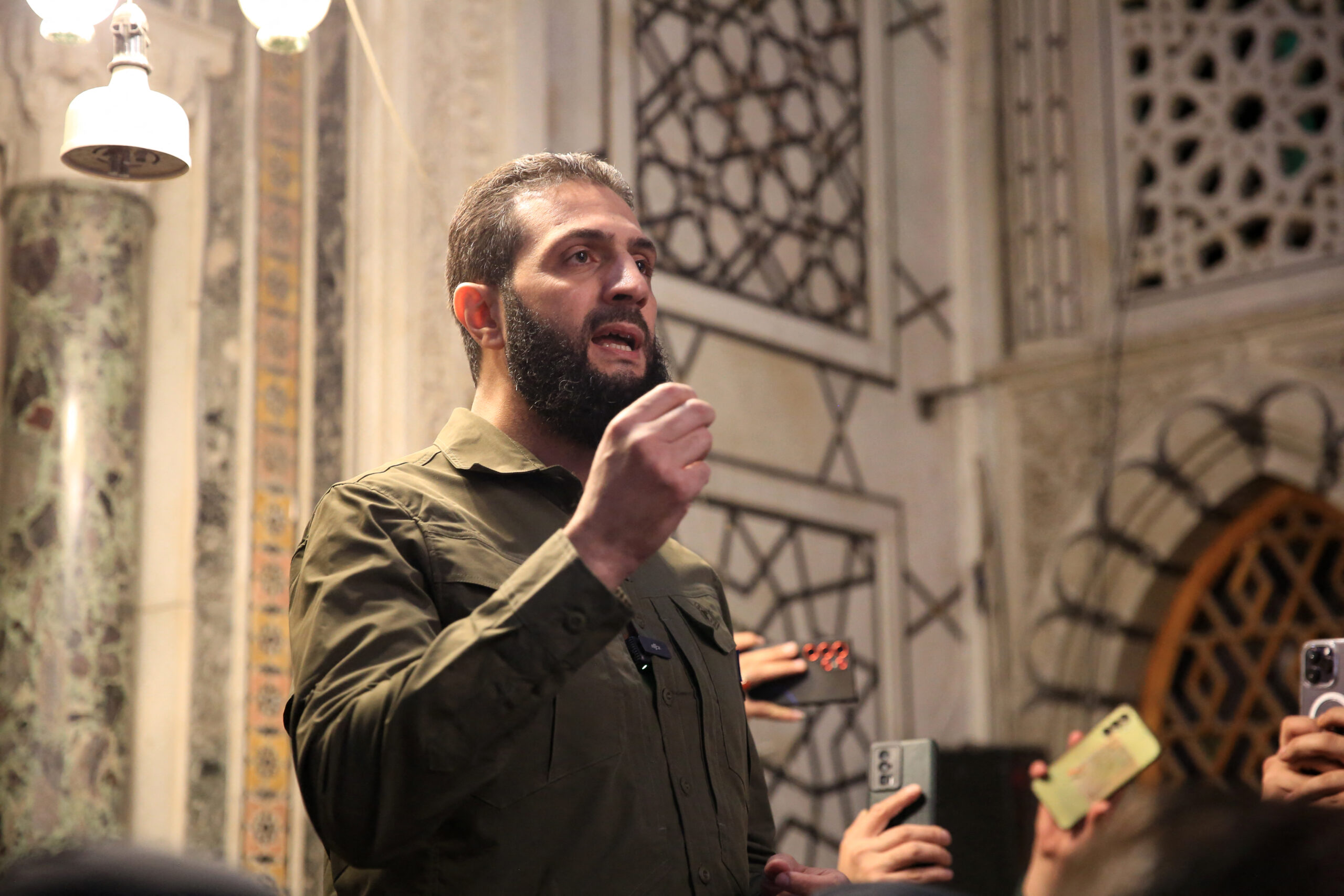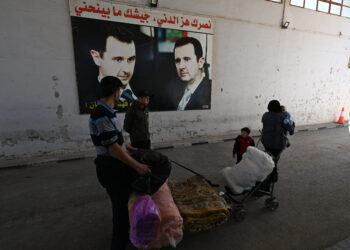Brussels – Just days since taking office as head of European diplomacy, Kaja Kallas‘s first test is one of the most complex: coordinating Brussels’ strategy towards the new Syria that will arise from the fall of Bashar al Assad’s regime. In an urgently convened discussion with the Foreign Affairs Committee (AFET) of the European Parliament, the EU High Representative outlined what will be the initial positioning, comprising support for the Syrian people and their minorities, respect for Syria’s integrity and sovereignty, and waiting to see what direction the new power established in Damascus will take. For Kallas, the priority for the EU will be to implement measures to stabilize the country because Brussels “does not want to see new waves of refugees from Syria.”
Ahead of the December 16 Foreign Affairs Council, where the ministers of the 27 member states will attempt to assess the situation, the spotlight yesterday was mainly on the unilateral decision by Germany, Austria, Italy, Greece, Belgium, Sweden, and Denmark to suspend the assessment of asylum claims of Syrian citizens with the hope that the fall of Assad paves the way for the return of the over one million refugees accepted in Europe since 2011. “When we talk about returns, we need the stabilization of the country,” Kallas said. “We are not there yet. Everything has just happened, but we need to support the country so that it goes in the right direction so refugees can return,” she added.
There were no words regarding the ongoing suspension of asylum claims in seven member countries. Instead, the UN High Commissioner for Refugees (UNHCR) intervened on the issue today through the words of spokeswoman Shabia Mantoo. “In light of the uncertain and highly fluid situation, the suspension of processing of asylum applications from Syrians is acceptable as long as people can apply for asylum and are able to lodge asylum applications,” Mantoo said. With the understanding that “anyone seeking international protection must be able to access asylum procedures and have their application examined fully and individually on its merits.”
UNHCR assures that “once conditions in Syria become clearer,” it will provide new guidance to states on the “international protection needs of relevant profiles of Syrians at risk.” In the meantime, asylum seekers put on hold “must continue to enjoy the same rights as all other asylum seekers, including in terms of reception conditions.“

In Damascus, meanwhile, the leader of the Islamist Hayat Tahrir al-Sham (HTS) militia that led the overthrow of the regime, Abu Mohammed al-Jolani (who dropped his battle name and now goes by his real name, Ahmad al Sharaa), has formally tasked the former head of the Idlib Salvation Government, Mohammed al Bashir, to lead a transitional government until March 2025. According to the EU High Representative for Foreign Affairs, “the next few weeks will be crucial to see the direction” Damascus will take and to dispel “legitimate concerns regarding the risk of sectarian violence, extremist resurgence, and a governance vacuum.” HTS “has not been the most peaceful organization,” the EU leader admitted, “the question for many actors in the region is whether they have really changed now.
For now, Kallas has not initiated any direct contact with HTS and its leader. But she has agreed on a unified message with the region’s leading foreign ministers: HTS should “be judged by the actions” it will take now that it is in power. Actions that cannot disregard the protection of the rights of all Syrian citizens and will have to go through an “inclusive reconstruction process involving all minorities, women, and girls.” In the region, it is crucial that “no country pulls the blanket on its side,” especially Turkey and Israel, the two strong states in the area since the fall of the Iran-backed regime.
On the Israeli military action in Syrian territory, with the bombing of Assad’s military arsenal and occupation of the demilitarized area on the Golan Heights, Kaja Kallas, however, did not raise the tone. “The Israeli minister has briefed the UN Security Council on what he is doing. Of course, everyone in the region is concerned about their security,” the EU High Representative said.
English version by the Translation Service of Withub





